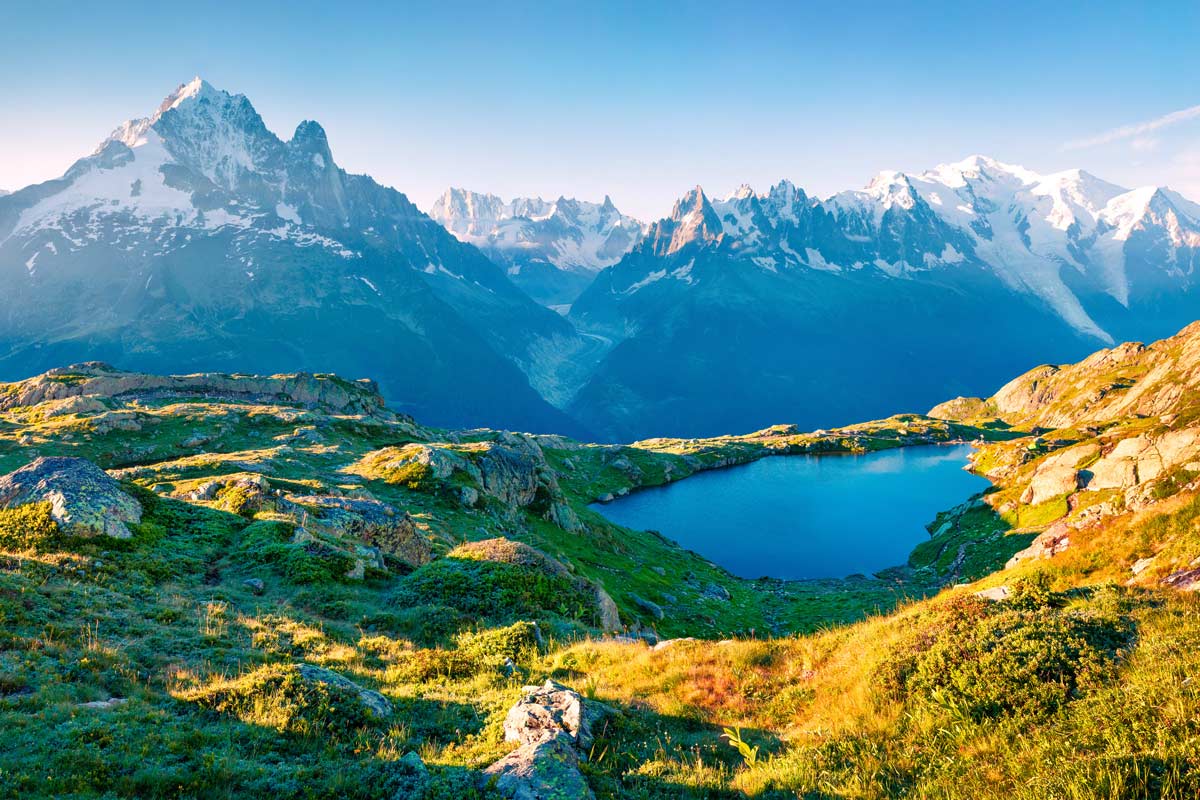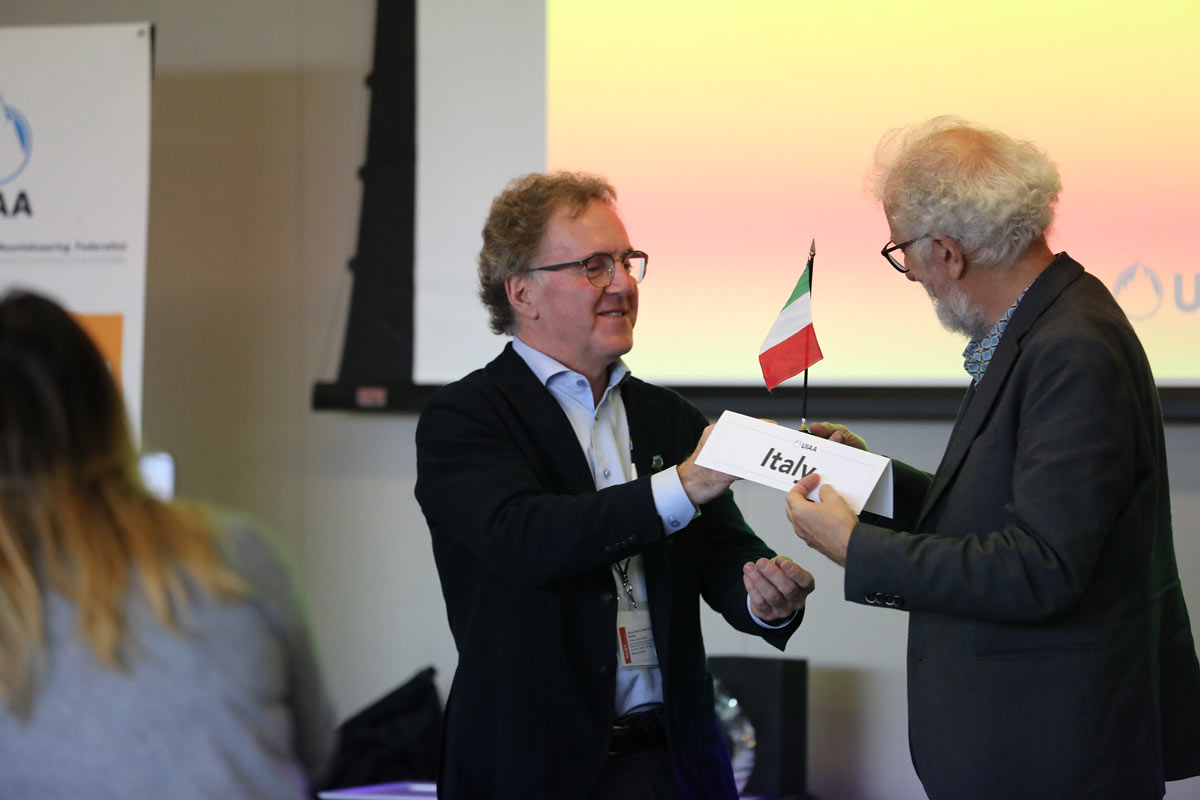Public access to a proposed conservation area in the Rio De Olivares for the 5 million inhabitants of Santiago and the controversial HydroAysen hydroelectric project were among the issues tackled by the Access Commission of the UIAA in a meeting held in Chile earlier this month.
The meeting was hosted by the UIAA member Federación de Andinismo de Chile (FEACH) and included a visit to the Rio De Olivares region, near Santiago, with Sendero de Chile, a not for profit foundation that promotes eco-tourism and environmental education through access to mountain environments.
“The Chilean federation (FEACH) is boosting its engagement in access and environmental issues with a new Ministry of Environmental Law that was established a few years ago,” said Clare Bond, president of the Access Commission. “There are lots of critical access issues high on the political agenda and the time is ripe for action.”
The commission also discussed broader issues that affect access globally including footpath creation, a global Wiki database project to highlight access issues, environmental education, legal aspects of the power of government on mineral, metal and water resources, and strategies on how to lobby for and promote access to mountains.
Rio De Olivares: Despite its proximity to Santiago and its 5 million residents, Rio de Olivares is a rarely visited area that has been closed to public access for 20 years. Sendero de Chile has negotiated access to the valley with the government but the procedures and permissions required are complicated including the need to send passport numbers in advance. Members of the public wanting access to the valley have to fill out a six page form three days in advance and present identification at barriers blocking road access to the valley. Sendero de Chile is also negotiating the development of a 30,400 hectare reserve in the upper area of the Maipo River Basin because of its environmental significance for regional and global biodiversity.
Sendero de Chile has signed an agreement with the government to gain access and promote environmental and cultural education in Rio de Olivares including:
- The role of climate regulation that mountains play
- The water supply to the lower areas
- Home to many native or endemic species of plants and animals
- The existence of transit routes for migratory species, and
- The existence of adequate space for the development of cultural activities and productive communities.
“The UIAA Access Commission has agreed to support Federación de Andinismo de Chile and Sendero de Chile in their effort to promote responsible access in Chile and are looking forward to welcoming Pablo Rebolledo as the Chilean member to the commission,” said Bond.
HydroAysen: This is just one of the many hydroelectric power projects in the planning stage or planning or already established in Chile, a country rich with metal and mineral reserves and a policy and regulatory regime that favours energy and mineral exploitation. The HydroAysen dams are proposed in southern Chile on the Baker and Pascua rivers and have been opposed by environmentalists and conservationists who received a setback recently with a court ruling that gave the project the green light.
Access Wiki: The Access Commission continues to work on a global Wiki database project that will highlight access issues and help link countries with similar access issues so they can help each other. Support is sought from members and the general public to fill out a questionnaire gathering information for the wiki project.
The UIAA Access Commission believes that everyone should be able to freely walk and climb in mountains and other areas of environmental and recreational value. But sometimes this is restricted through war, landowner apprehension, or regulation.
Rights of access are balanced by responsibility and care for the mountain landscape, bio- and geo-diversity and the cultures and people of the mountains.
The Access Commission works with international associations, and supports our member federations and others to facilitate access to areas while ensuring their environmental and cultural protection.
For more information in the Access Commission please contact office@theuiaa.org


